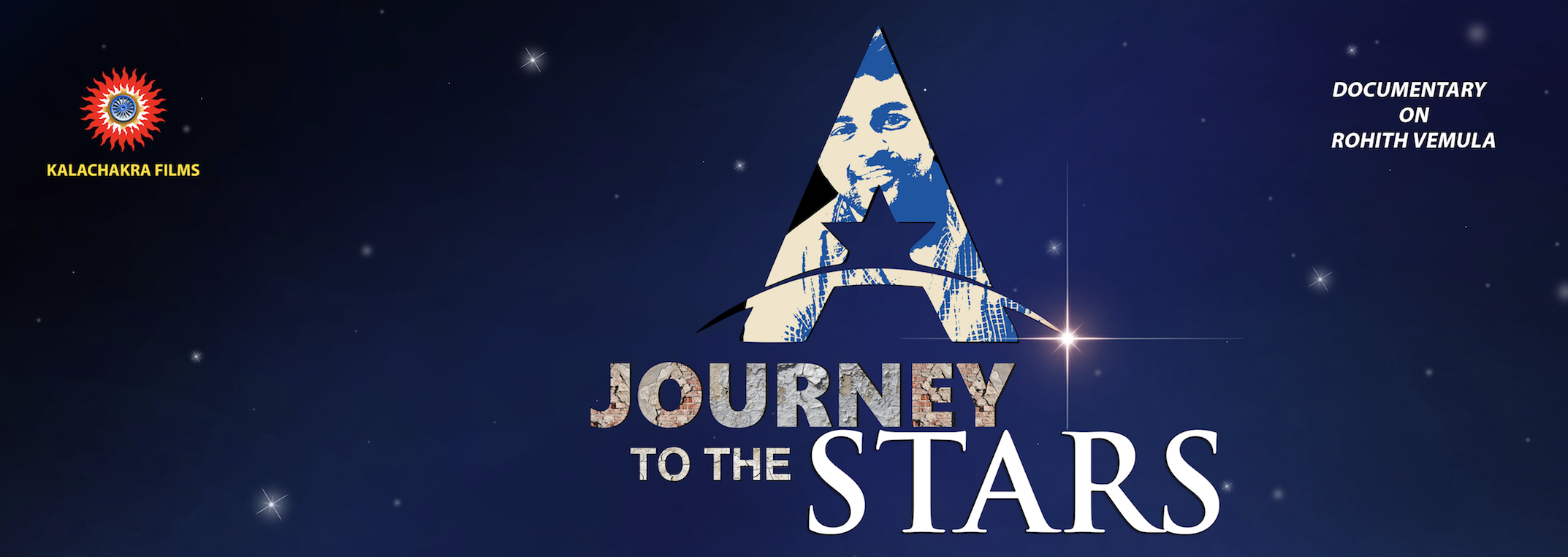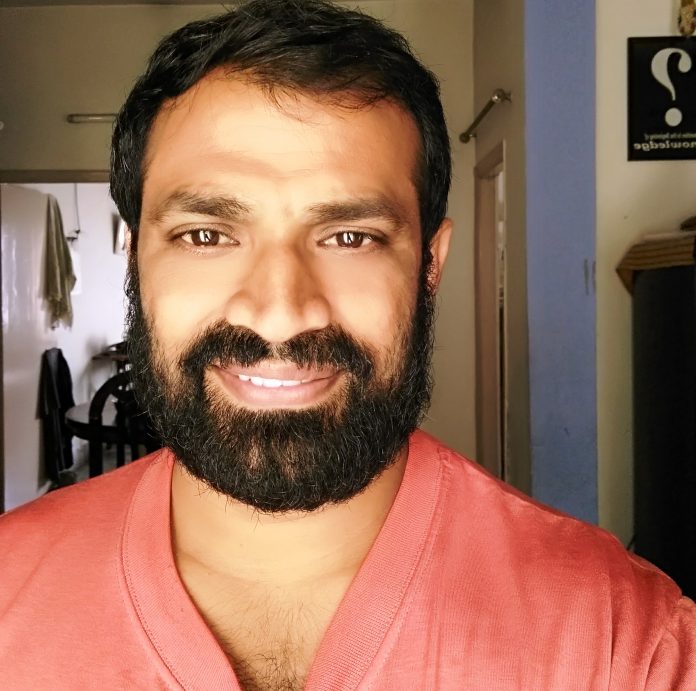By Raqib Hameed Naik, TwoCircles.net
Hyderabad: In March 2015, Satya Chakra, a 44-year-old documentary filmmaker from Hyderabad, conceived an idea of making a short documentary on problems faced by students in Hyderabad University. During his research, he met Rohith Vemula on the university campus, where they discussed the idea the whole night sipping cups of tea.

“When I told him my idea, Rohith readily agreed to help me and I remember how promptly he said ‘sure Anna’ when I asked him for his cooperation,” recalls Satya.
But just as Satya was yet to start the work on the documentary, the news of Rohith’s suicide on January 17, 2016, shattered him.
“I knew him personally and how strong a person he was. But I was completely numb when I came to know how authorities had moved him to the verge of suicide, ” he said.
Immediately after Rohith’s suicide, Satya decided to tell his story; the story of Rohith Vemula.
“I think Rohith’s story should be in our minds forever and we should seek an end to the issues addressed by him. Dalit, Muslims and other marginalised communities are suffering since ages at the hands of the majority communities and castes. Rohith death was continuity of it,” says Satya.
Satya stayed on the Hyderabad university campus for around two months to gain the first-hand knowledge of student activism.
“Generally, nightlife is an essential part of the universities and to gain the overall understanding of the issues which started coming to fore post-Rohith’s suicide, I spent nights with the students and gained insights of Dalit politics and people who were involved in that.”
The documentary was mostly shot in and around Hyderabad and many places in Delhi as well as in Jawaharlal Nehru University (JNU).
The documentary revolves around the Rohith Vemula suicide, caste discrimination, Dalit-Muslim solidarity and the Hindu fascism.
“When you talk about these issues you are actually talking about the Ambedkarite movement. The Manu view of society i.e. Brahmanism is a very dangerous idea of India and the documentary tries to bring out a picture how it is becoming an increasingly dangerous trend.”

He further said, “The mass media is playing in the hands of the RSS/BJP combine. In such a scenario, we need to come forward and tell our stories by our self. This is the reason why making a documentary on Rohith Vemula was the need of the hour.”
Satya says that his documentary tries to deliver the message of the need for social justice in India for the marginalised and minority communities, besides keeping alive the crusade started by Rohith.
“Every sentence of his last letter haunts me every day. Even one and half years after his death, I cry whenever I read his letter. But he has set a task for us and we should take it forward. Mass media is most powerful nowadays. It helps a lot to manufacture consent. We need to use it extensively for the same reason through collective narrative,” he said.
He is looking forward to coming up with the similar documentaries, feature and animation films addressing the issues and life of Dalit-Bahujans and Minorities.
The trailer of the documentary named “A journey to the stars” was released on the YouTube on August 8 last week.
The 100-minute documentary is due for its release in October 2017 and is sponsored by Helpdesk, a charitable trust and US-based advocacy group, Indian American Muslim Council.


